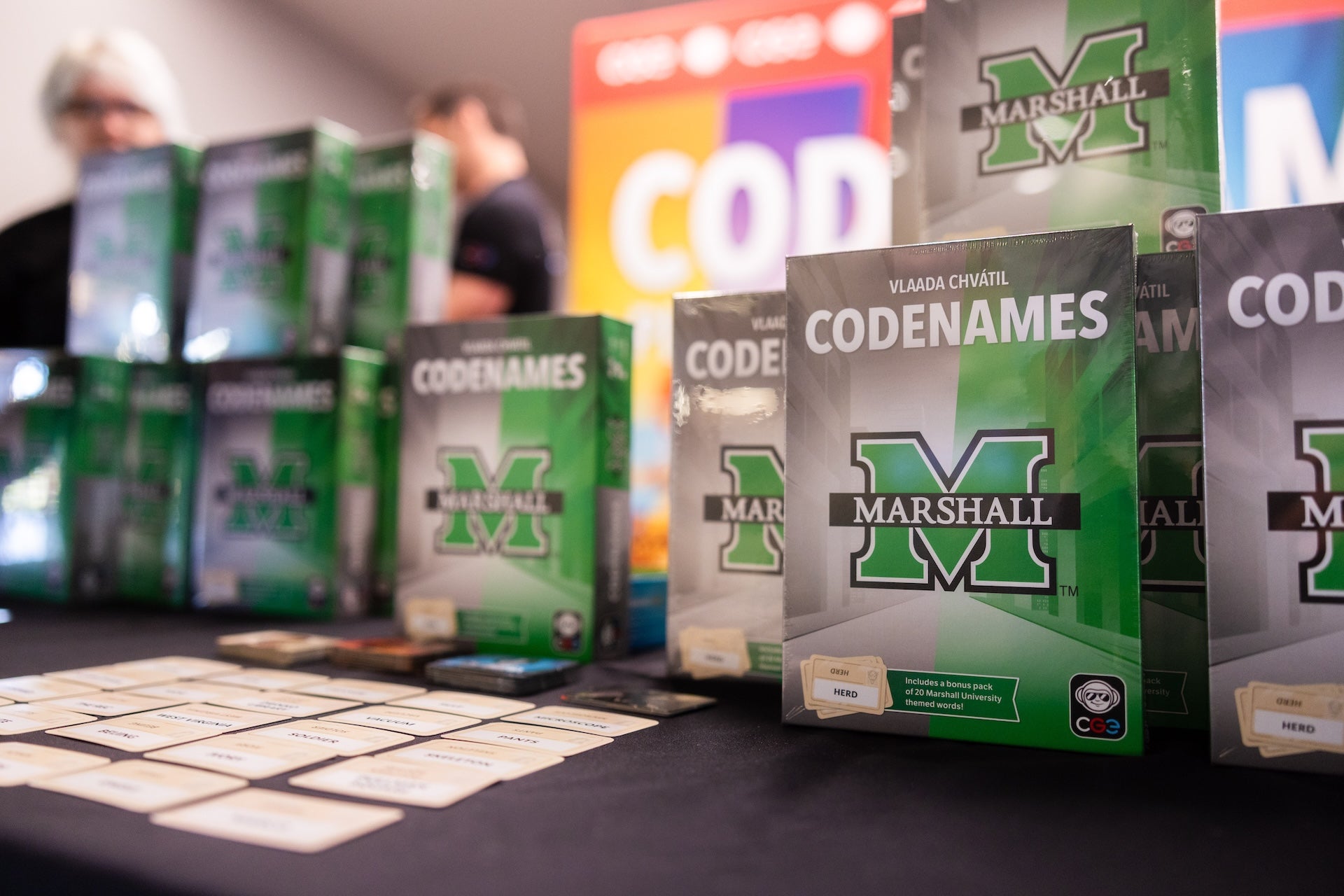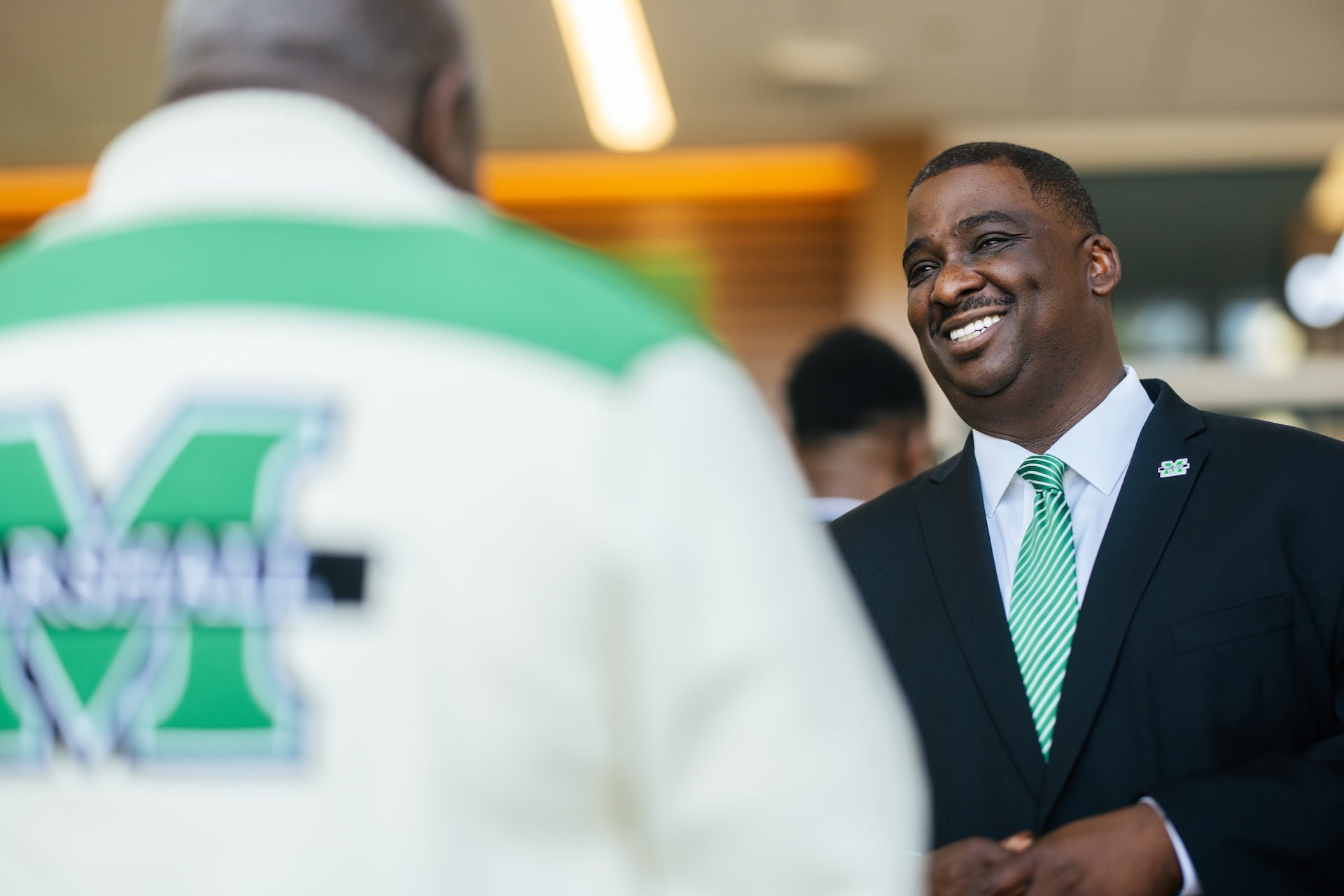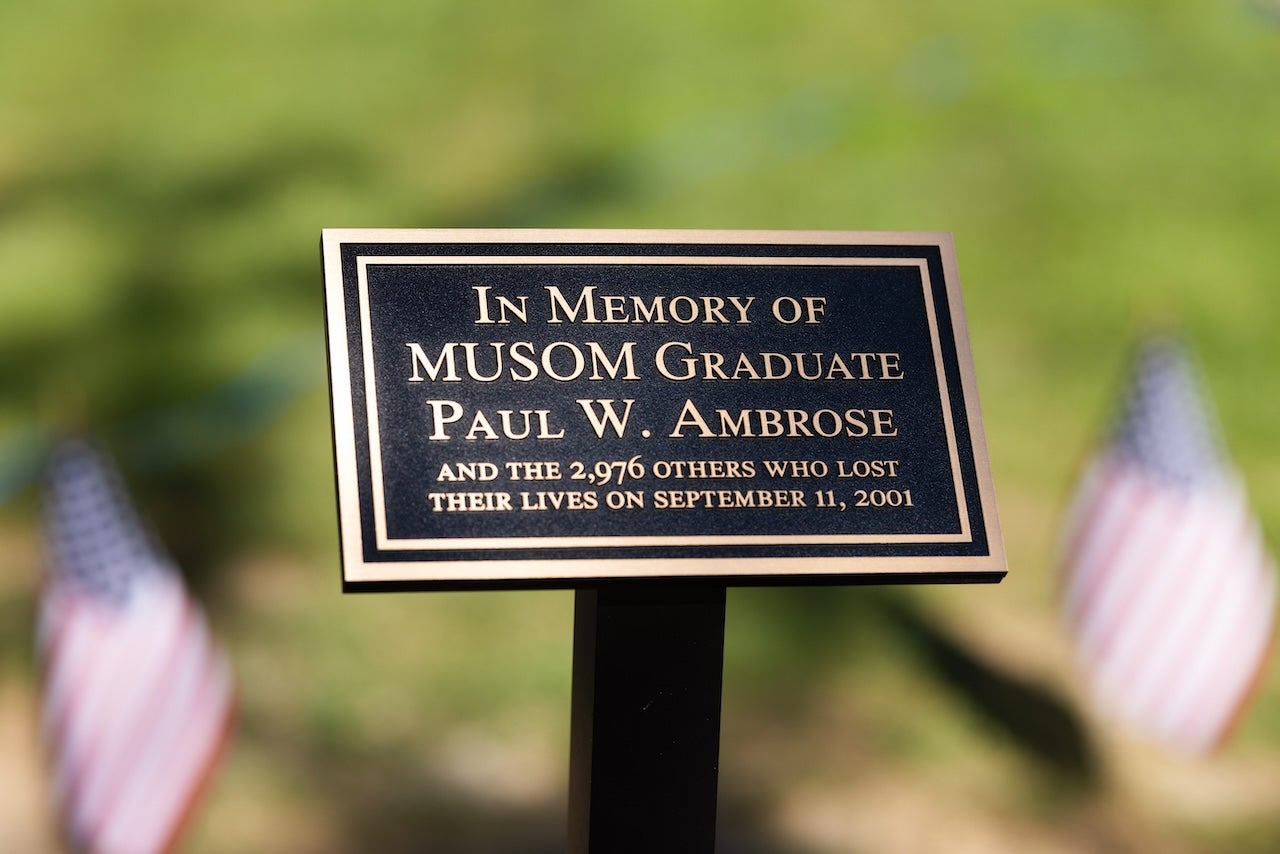Common Search Terms:
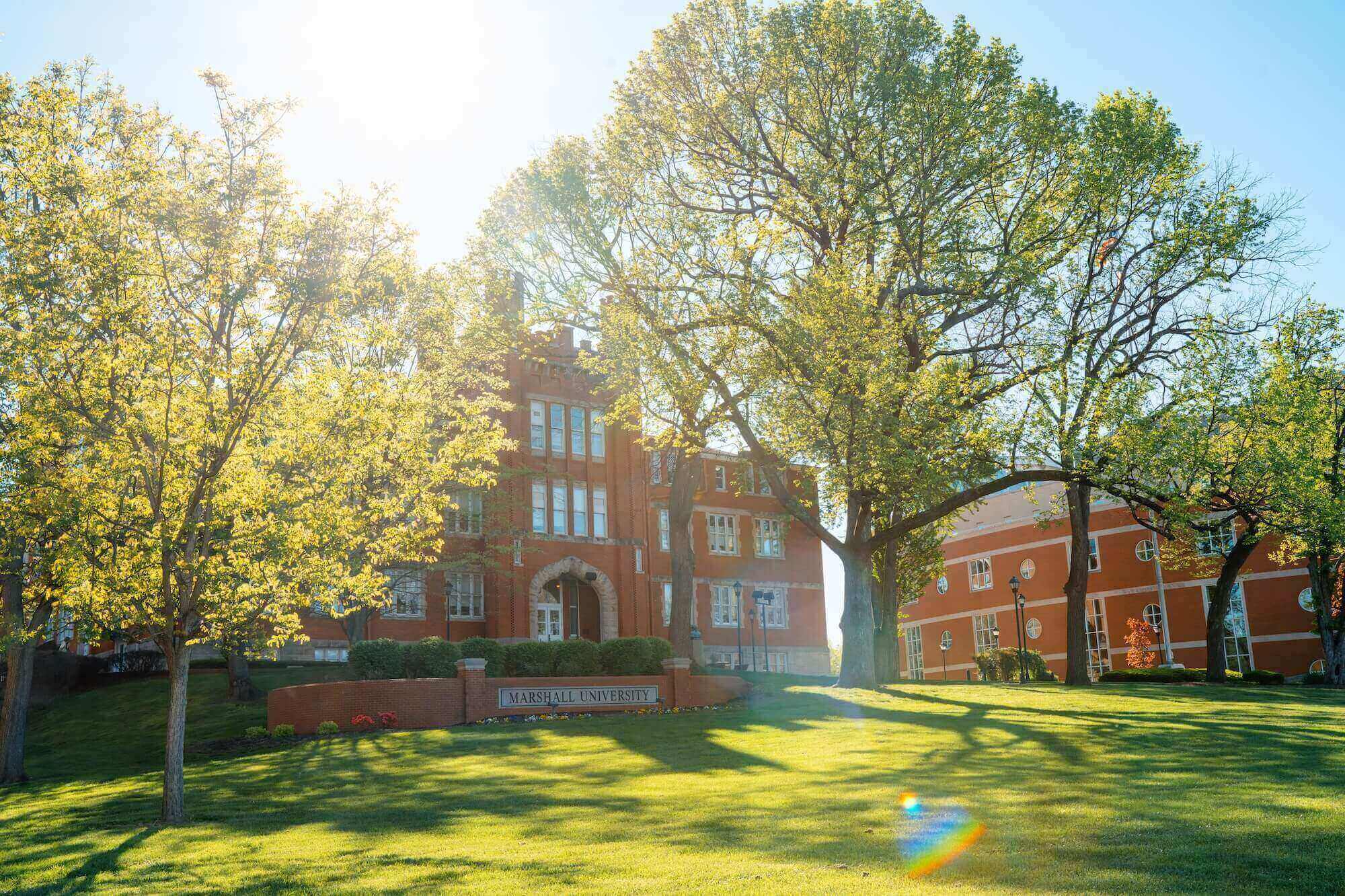
Marshall University News
What's happening at Marshall University
Recent Moments
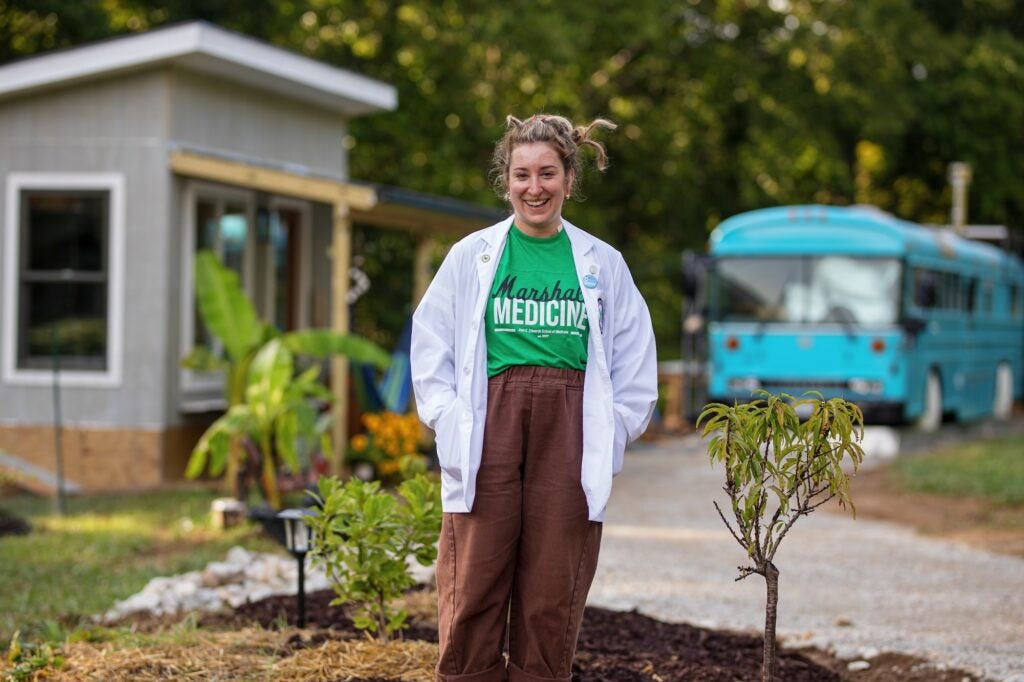 From Floorboards to First-Year Medical Student: The Story of Carina Raya
Sep 8, 2025
From Floorboards to First-Year Medical Student: The Story of Carina Raya
Sep 8, 2025
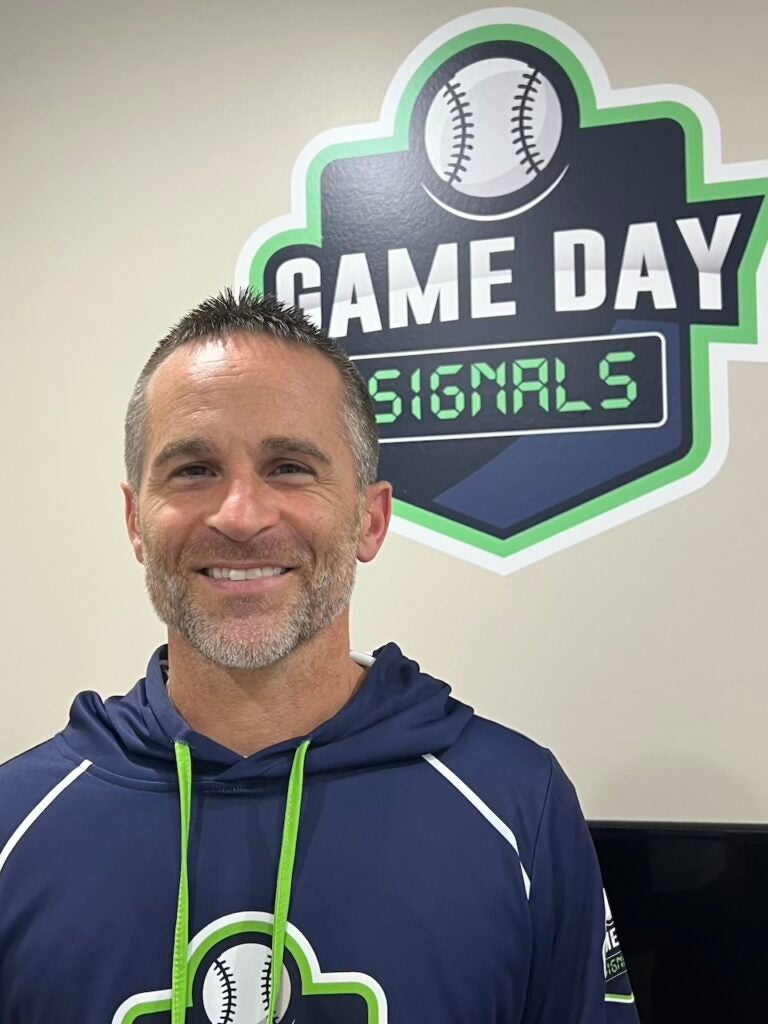 From Beckley to the big leagues of innovation
Sep 3, 2025
From Beckley to the big leagues of innovation
Sep 3, 2025
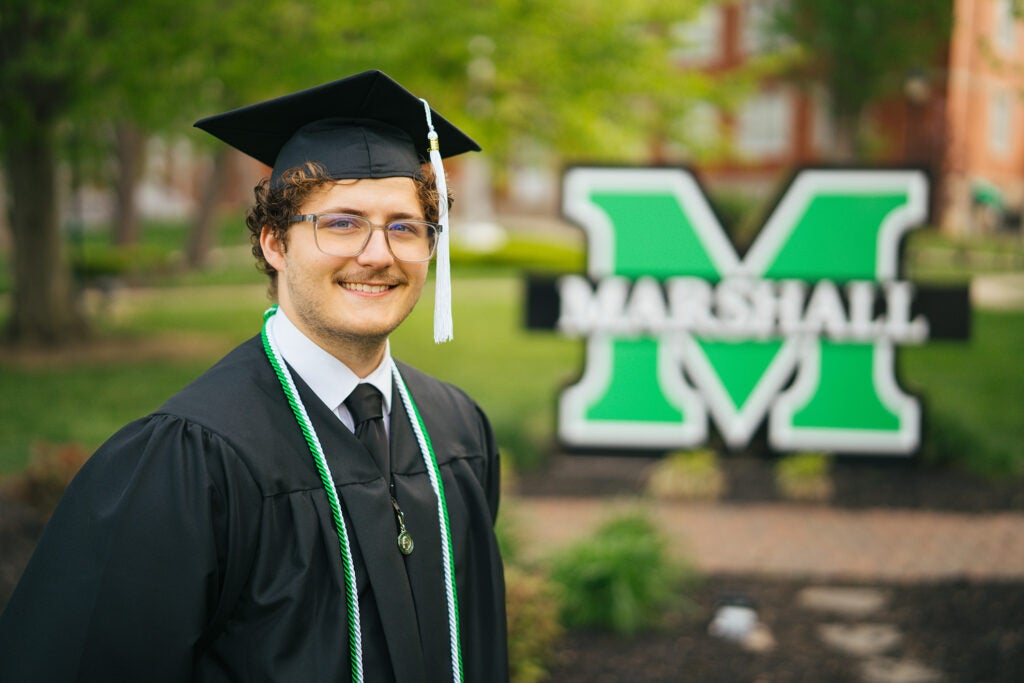 Fueled by Opportunity, Driven by Purpose
Aug 25, 2025
Fueled by Opportunity, Driven by Purpose
Aug 25, 2025
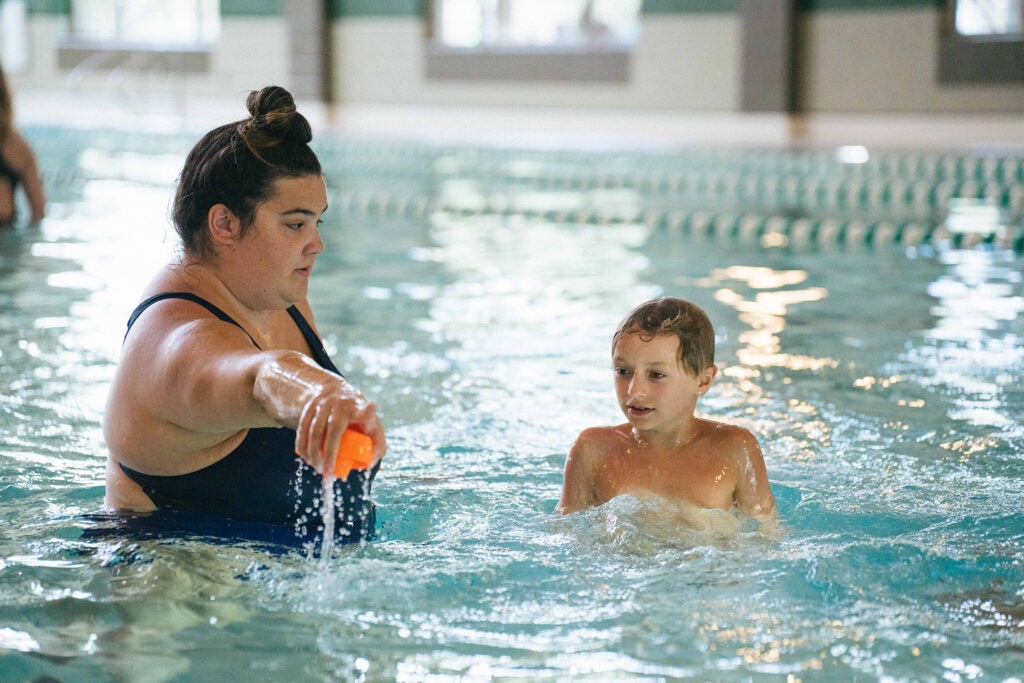 Swim Program breaks barriers for students with disabilities
Aug 20, 2025
Swim Program breaks barriers for students with disabilities
Aug 20, 2025
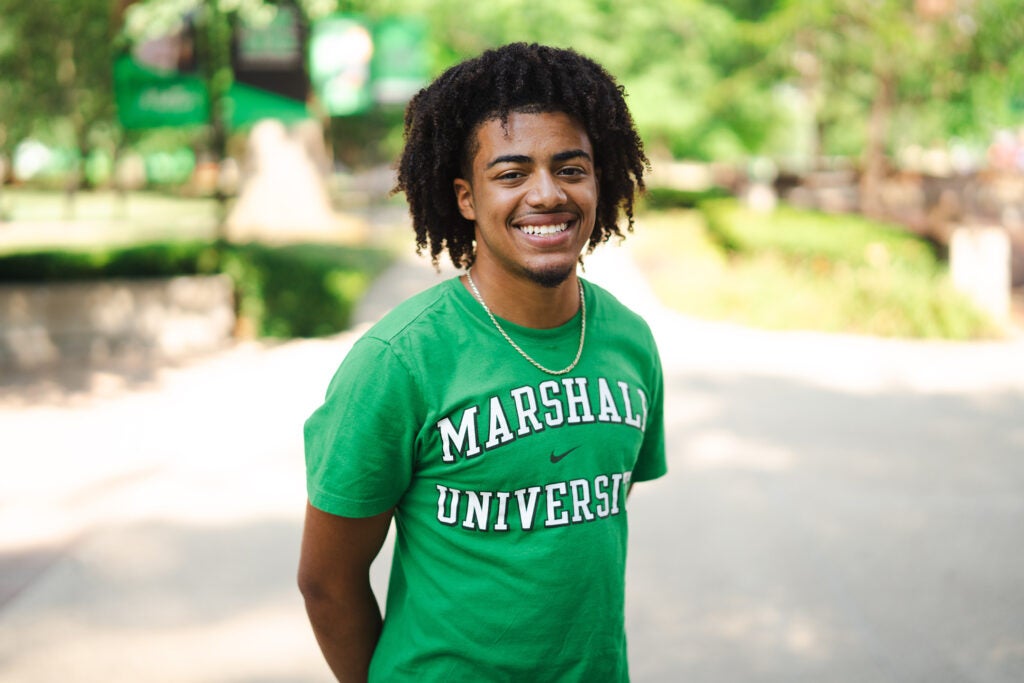 A Head Start on a Calling
Aug 10, 2025
A Head Start on a Calling
Aug 10, 2025
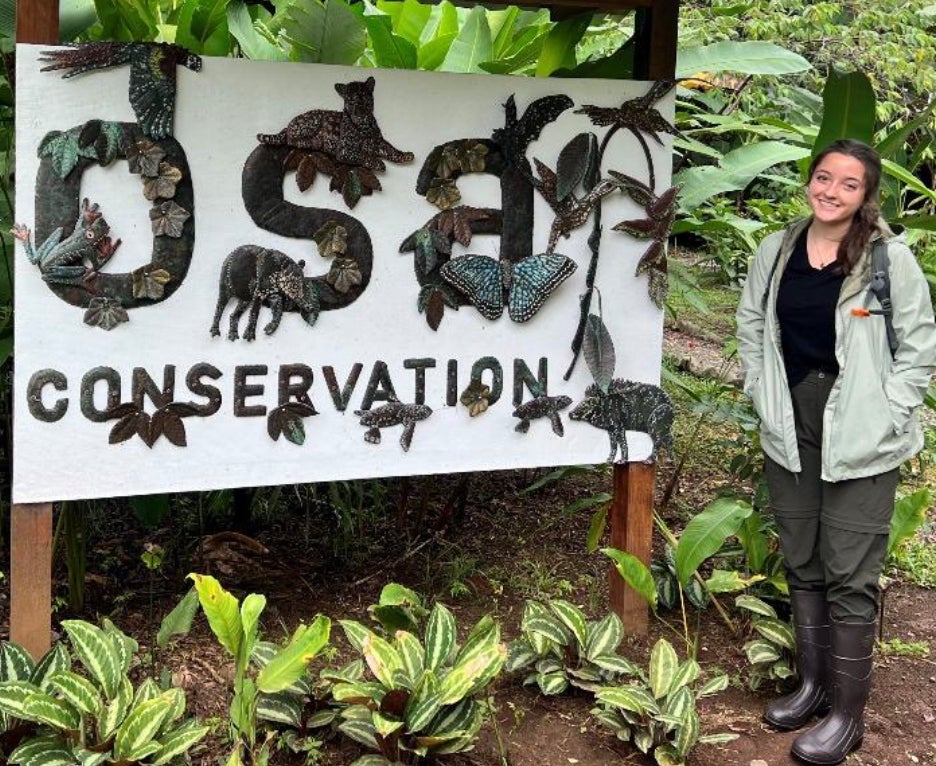 Maggie Dickerson Finds Purpose and Perspective in Costa Rica
Aug 6, 2025
Maggie Dickerson Finds Purpose and Perspective in Costa Rica
Aug 6, 2025
 The Marshall Mindset: The Power of Relationships in the Sports World
Jul 30, 2025
The Marshall Mindset: The Power of Relationships in the Sports World
Jul 30, 2025
Upcoming Events
9/11 Day of Service Event
September 11
School of Medicine Homecoming & Reunion Weekend
September 12
Alumni
HOME Framework Training with Marshall Online – – VIRTUAL
September 12
Faculty & Staff
(Don’t) Break a Leg! — Healthy Living for Performing Artists
September 12
President’s Invitational Quoits Match
September 12
Students,
Faculty & Staff,
Alumni
9/11 Day of Service Event
September 11
Green and White Day Open House
September 13
Prospective Students
School of Medicine Homecoming & Reunion Weekend
September 12
Alumni
Cindy Warren Retirement Celebration
September 13
Students,
Alumni
Tailgate Fundraiser for HELP Program at Marshall University
September 13
Recent News Releases
Marshall cyber programs see record growth
September 10, 2025
Marshall launches ‘Heads Up, Herd’ pedestrian safety campaign Sept. 8–12
September 9, 2025
Featured Videos



Featured Photo Galleries
Share Your Story
Share your favorite Marshall Moment with us—whether it’s a meaningful memory, a proud achievement, or a special connection you’ve made at Marshall University. Your stories help capture the heart of the Herd and may be featured in future university projects, publications and campaigns. Submit your moment today and help us celebrate what makes Marshall so special!
More News
College of Arts and Media
Marshall WMUL-FM students win Murrow Award
August 28, 2025
Marshall to host faculty flute recital
August 20, 2025
Marshall hosting Tamarack art exhibit
June 10, 2025
College of Business
Marshall welcomes Harvard Business School students
October 15, 2024
Tricia Ball returns to Marshall to lead the iCenter
October 2, 2024
College of Education and Professional Development
Iconic West Virginia schoolhouse named to National Schoolhouse Register
February 24, 2025
Tickets on sale for seventh annual TEDxMarshallU event
December 18, 2024
College of Engineering and Computer Sciences
Marshall cyber programs see record growth
September 10, 2025
College of Health Professions
College of Liberal Arts
Visiting Writers Series at Marshall spotlights faculty, authors
August 19, 2025
College of Science
Marshall to host middle school summer science camps
May 29, 2025

